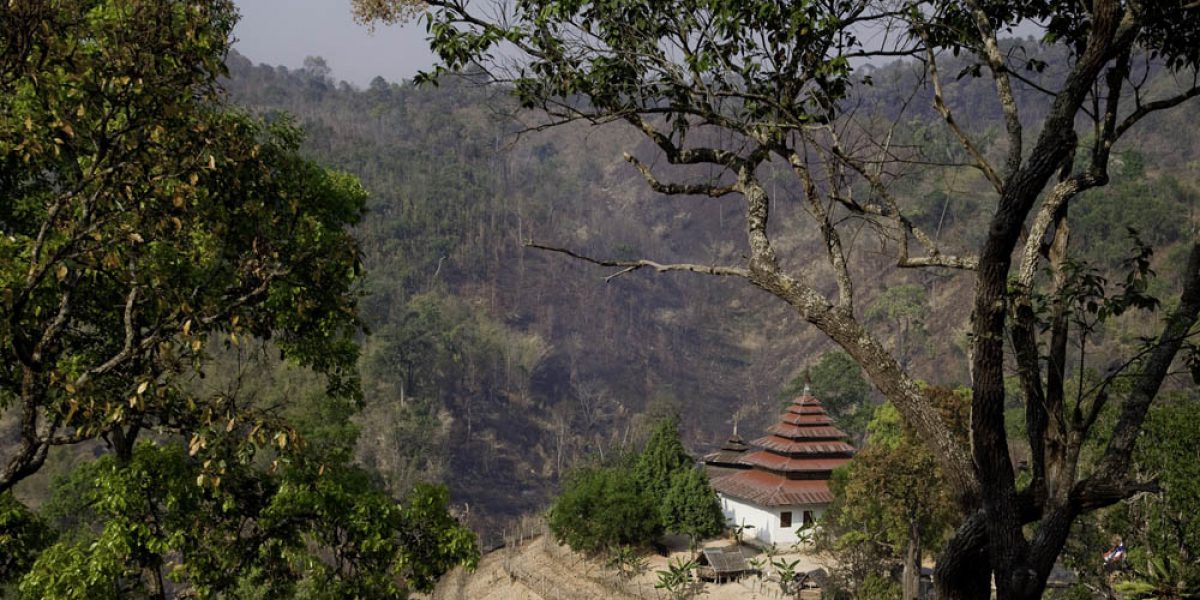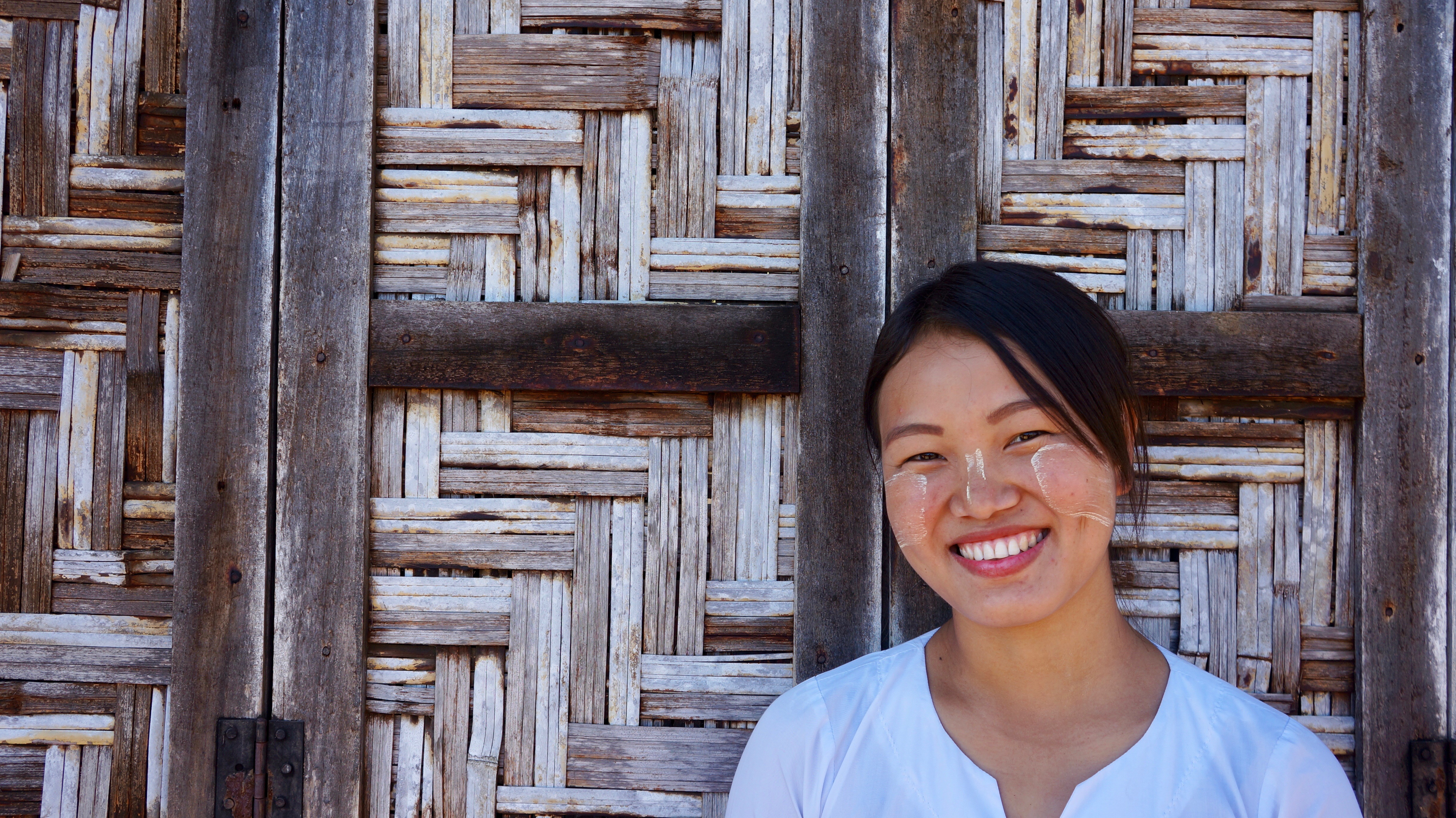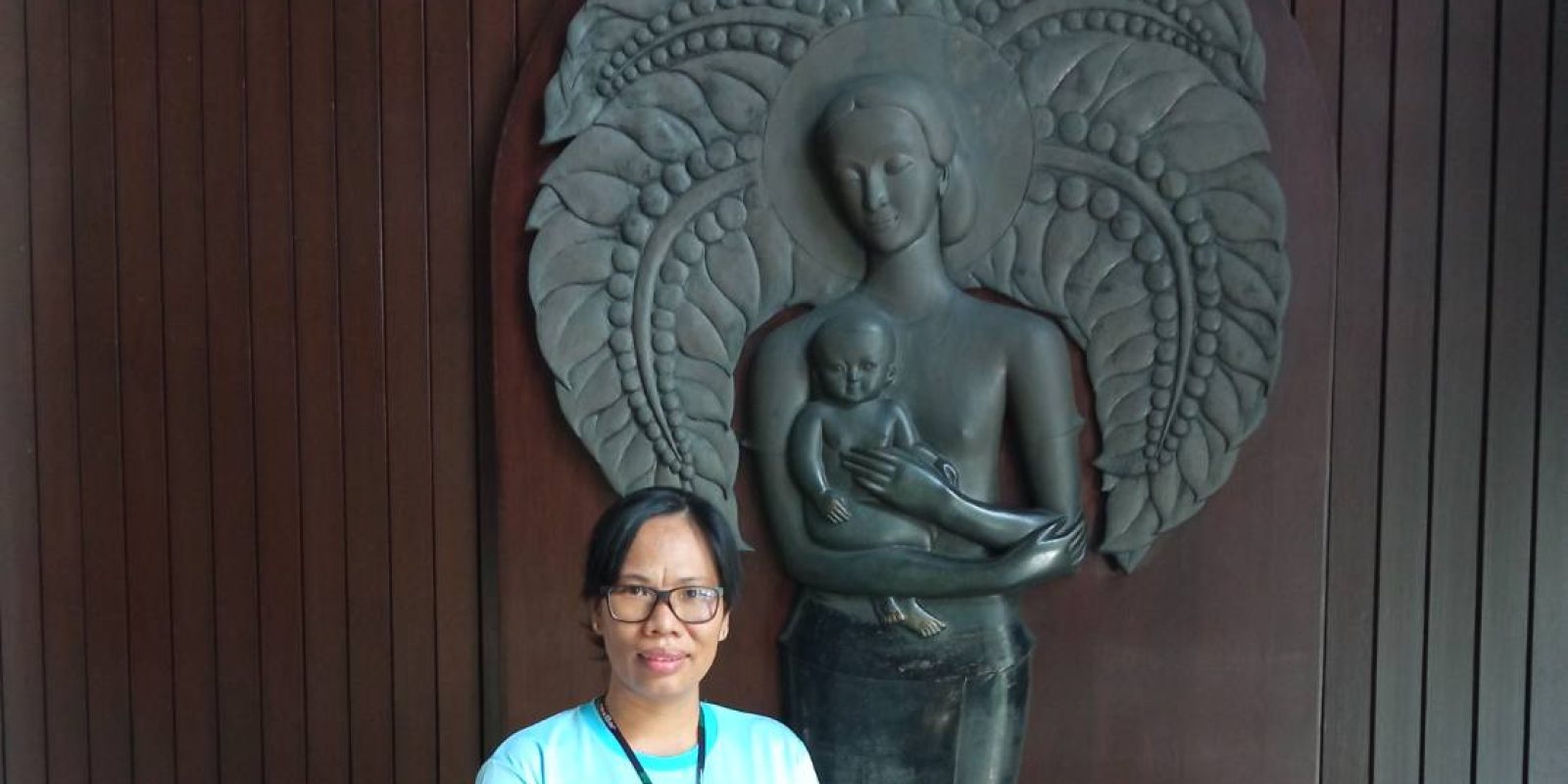Asia Pacific: Q and A on the tides of change in Burma
24 February 2012

Bangkok, 24 February 2012 – In order to speak candidly about the situation in Burma, this former staff member decided to remain anonymous in this Q and A that originally ran on the Italian website Popoli.
Do you believe that the present political developments are concrete?
Yes, in the sense that many of the changes that have been made in the last few months cannot be easily reversed.
Are they going to bring Burma to a less repressive and democratic life for millions of people?
Yes, if they continue. It is unrealistic to think that the road ahead will be smooth however. The current government lacks the capacity to really drive home the changes: not just in terms of technical ability, but also because cronyism, corruption and worse, ethnic, class and religious divides will remain for years to come. In the main, the military continues to view ethnic minority groups with disdain and distrust, and vice versa.
At the same time, there are no doubt many in the military who are resisting the moves to a more open government, as witnessed by the way in which political prisoner releases have happened in the past four months; the by election in April will be a test of that struggle within the military, but it will not be the only one. We just have to hope that Thein Sein wins out, and that the international community continues to support his efforts in productive ways.
If yes, what are the events that most struck you? (Or, if not, what it is not convincing?)
The release, eventually, of most political prisoners by Jan 13 is remarkable. Regardless of what happens within the military, these brave and committed people have shown since their release that they continue to dedicate their lives to achieving democracy and lasting national peace.
Just 3 days after their release many of the former prisoners – including U Gambira who lead the 2007 monks’ uprising, and Su Su Nway, a young woman who arrested for her involvement in those demonstrations, formed a multi-faith peace movement at a Lutheran Church in Yangon – with Hindu, Muslim, and all Christian denominations represented. These are movements that cannot be put back in a bottle. From the government side, what is particularly interesting is that from the start of the new government nearly a year ago, poverty alleviation was indicated as a priority – and this in a country where up until 2007 ‘poverty’ was a word that could not be uttered in the presence of government ministers.
One of the very first steps the government took was to increase the pension paid to civil servants, and announce increases in government spending on health and education (doubling education spending from 2 – 4%) – increases which now look like they will be improved again under these current budget discussion in the Hluttaw (national parliament). This was a sign that the changes were not mere window dressing, but that the government had instead taken a hard look at the state of the country and realised, for the first time in two decades, that poverty is widespread and needs to be addressed. The other most important steps the government has taken are in relation to freedom of expression: the media have been freed from fifty years of draconian censorship, and the Burmese thirst of news and information is being satisfied by scores of weekly newspapers and monthly magazines, and now unrestricted access to the internet.
According to you, what are the reasons that pushed the regime to make steps like pardoning some political prisoners, halting the big dam project backed by China, searching some peace deal with minorities (at least Karen rebels) and, last but not least, allowing the Lady to be candidate?
Cause and effect are impossible to establish in the social world, and there are likely many factors involving personal relationships and individual situations among those at the top that we will never come to know. However, it is fairly clear that the change came, finally, from within: There was movement from both the bottom of society and at the top of the power spectrum that happened to move in synch. Scores of brave individuals, including returned exiles with education and experience abroad, played important roles, like the economist U Myint, and the recently deceased Nay Win Maung, who tried to set up alternative networks and to speak truth to power. But then there were also the mass movements such as the 2007 monks’ demonstrations and the blossoming of civil society movements in the terrible aftermath of the 2008 cyclone.
These movements showed that peaceful opposition could in fact be constructive; that they were not out to overthrow the government, but to make life better for people whom the government had ignored. Aung San Suu Kyi has played her own role in this too, taking a much more conciliatory line than she had in the past, not waiting for the government to play their hand, but willing to talk about compromise and a future of sharing power with the army, as must be, since the 2008 constitution allows for them to retain 25% of the seats in the national and regional parliaments.
Halting the dam took everyone by surprise and was a great step: but the question really should not be what prompted the government to cancel it, but why the former government ever agreed to it? The dam offered few benefits to Burma, but rather there were many dangers associated with the environmental destruction it could cause. A final surge of Burman nationalism is probably what swung the balance away from China – though the mass movement that was ongoing in Yangon and Mandalay no doubt played a part. Interestingly, the movement against the dam only had to get their message out to the general public through the uncensored media, and no sane person in Myanmar could understand why the government would allow such a thing to be built. The Information Minister breaking down in tears in Parliament as he tried to discuss the dam was merely a reflection of what the vast majority of Burmese were thinking: the dam was crazy and threatened to undermine the Irrawaddy, a potent national symbol and source of agricultural fertility the length and breadth of the country.
In terms of peace talks with the Karen National Union, the Kachin Independence Army and the Shan groups, again, the question must be why has it taken so long? There remains doubt as to the army’s sincerity in these talks: no doubt those conducting the talks are sincere, but the majority of the army may not be behind them.
In the new government structure, the over-inflatied army has a much depleted power base, and then only as politicians, not as soldiers. Perhaps the most significant signals are those that can be gained when looking at the situation in Kachin state. The KIO were early adopters of the peace process, signing an agreement with the military in 1994. Yet, there has been little headway in the 18 years since then in finding a lasting political settlement. Worse, the KIO was not permitted to field candidates in the 2011 election, and there were reports of massive ballot rigging in Kachin areas.
The army continued to insist that the KIA give up their arms and become part of the government-controlled Border Forces. When skirmishes broke out in June 2011, which continued right up to mid-January 2012, it was as usual Kachin civilians who bore the brunt of abuses and killings by the Burmese army. While peace talks continued during the fighting, the KIA were ever suspicious of the ability of their interlocutors to deliver on their promises, resulting in talks being stopped more than once while new negotiators were found. Currently there is a peace in Kachin state, and with the Karen and Shan groups as well, but until we see this translated into political progress: that is, accession to some of the demands of the minorities and de-militarisation plans for all sides, it cannot be called a settlement.
Do you think that international pressures played a role? That US, EU and Australian sanctions had an influence?
The fact that the army made it difficult for INGOs to work in-country with expat staff meant they had to find alternative ways of delivering aid (notably after Nargis) and this meant supporting the emergent civil society organisations that have now gained ground. In this the sanctions against development aid played a part, but so too, and perhaps more importantly, was the belligerence of the army, which did not want to admit to having failed to develop the country. Education opportunities for exiles, quiet engagement by experts, advisors, especially within the Asean region, all these things have played a part no doubt in bringing the changes we see now.
What do you think could be the developments for the next months?
We can only hope that things continue to move along positively.
Originally reported by Francesco Pistocchini



